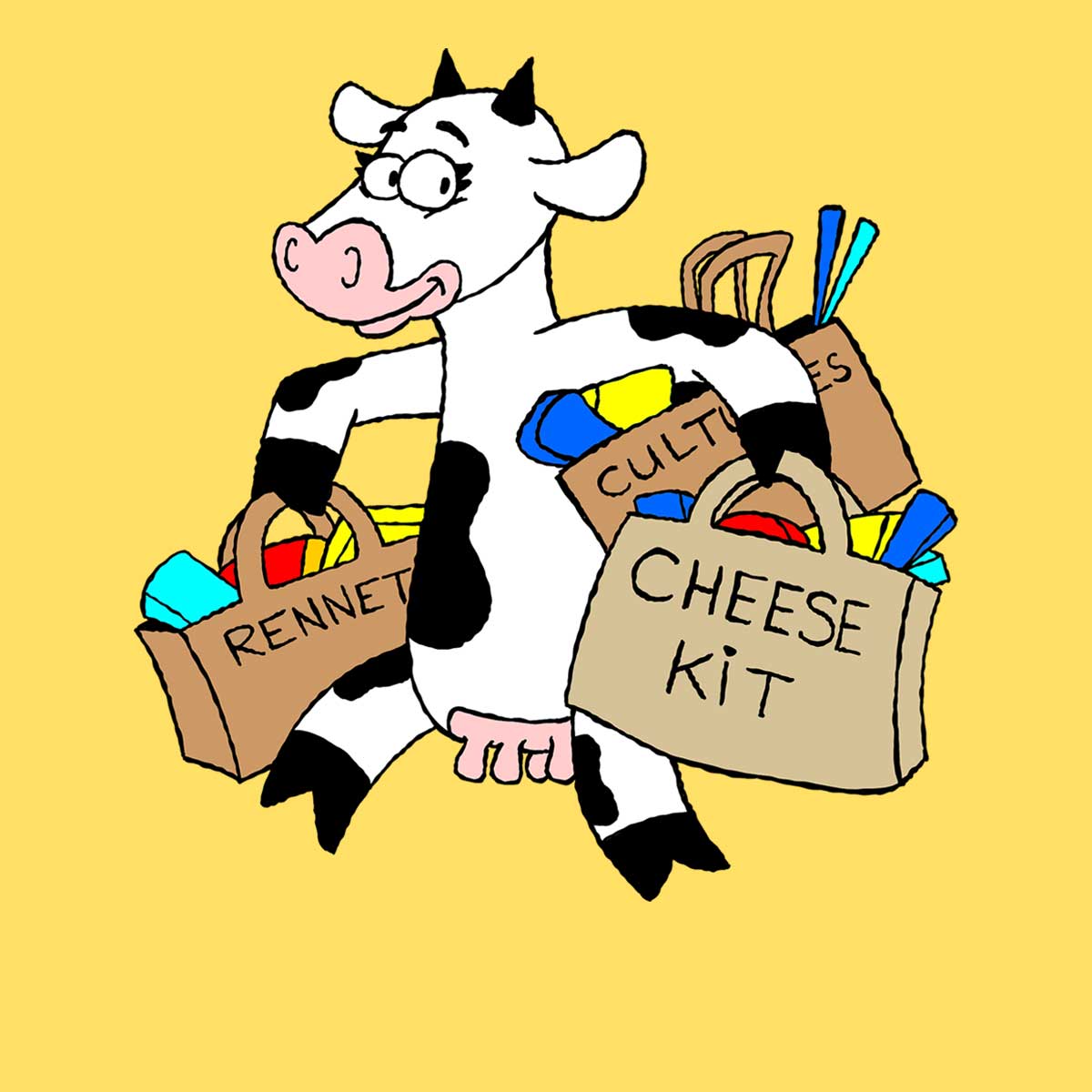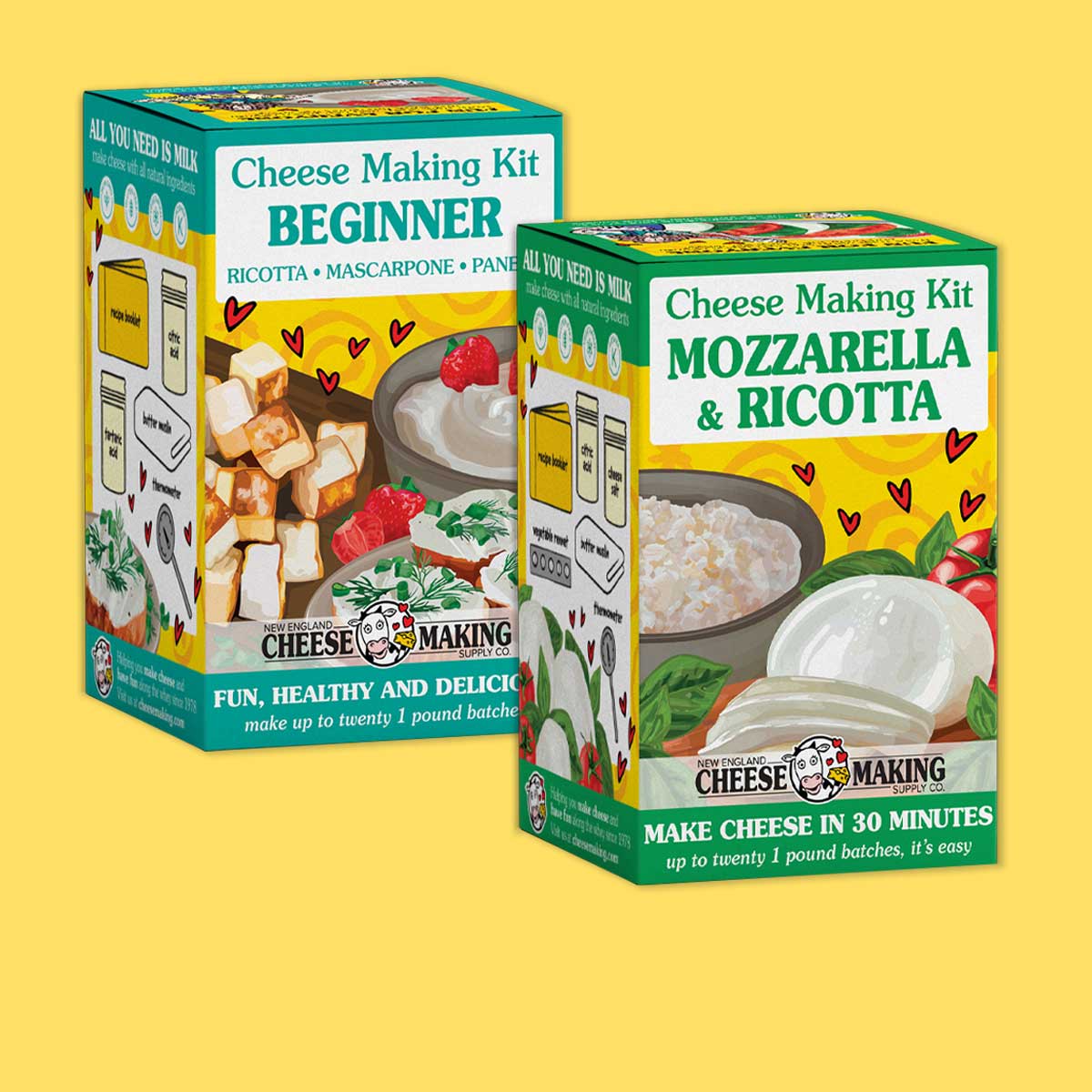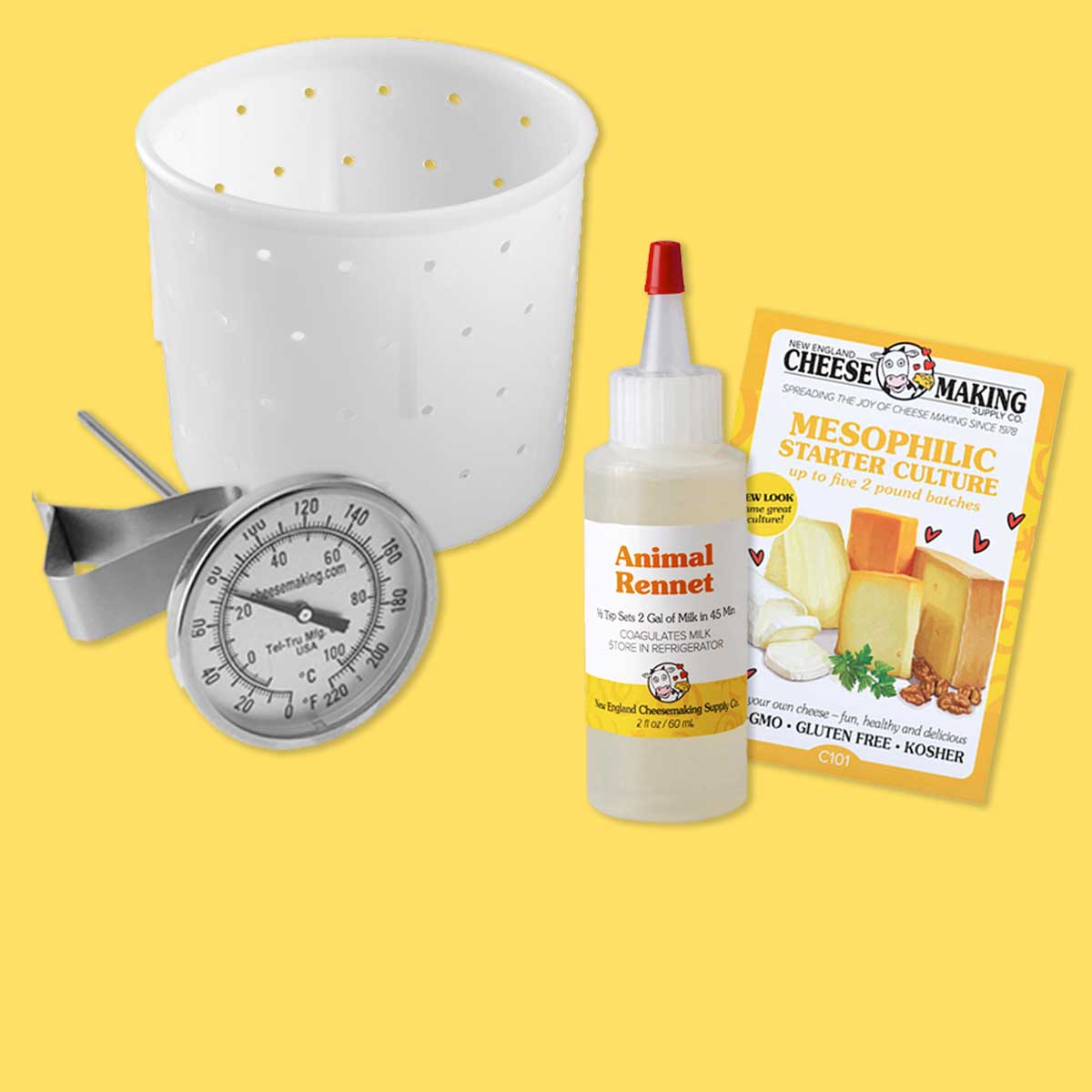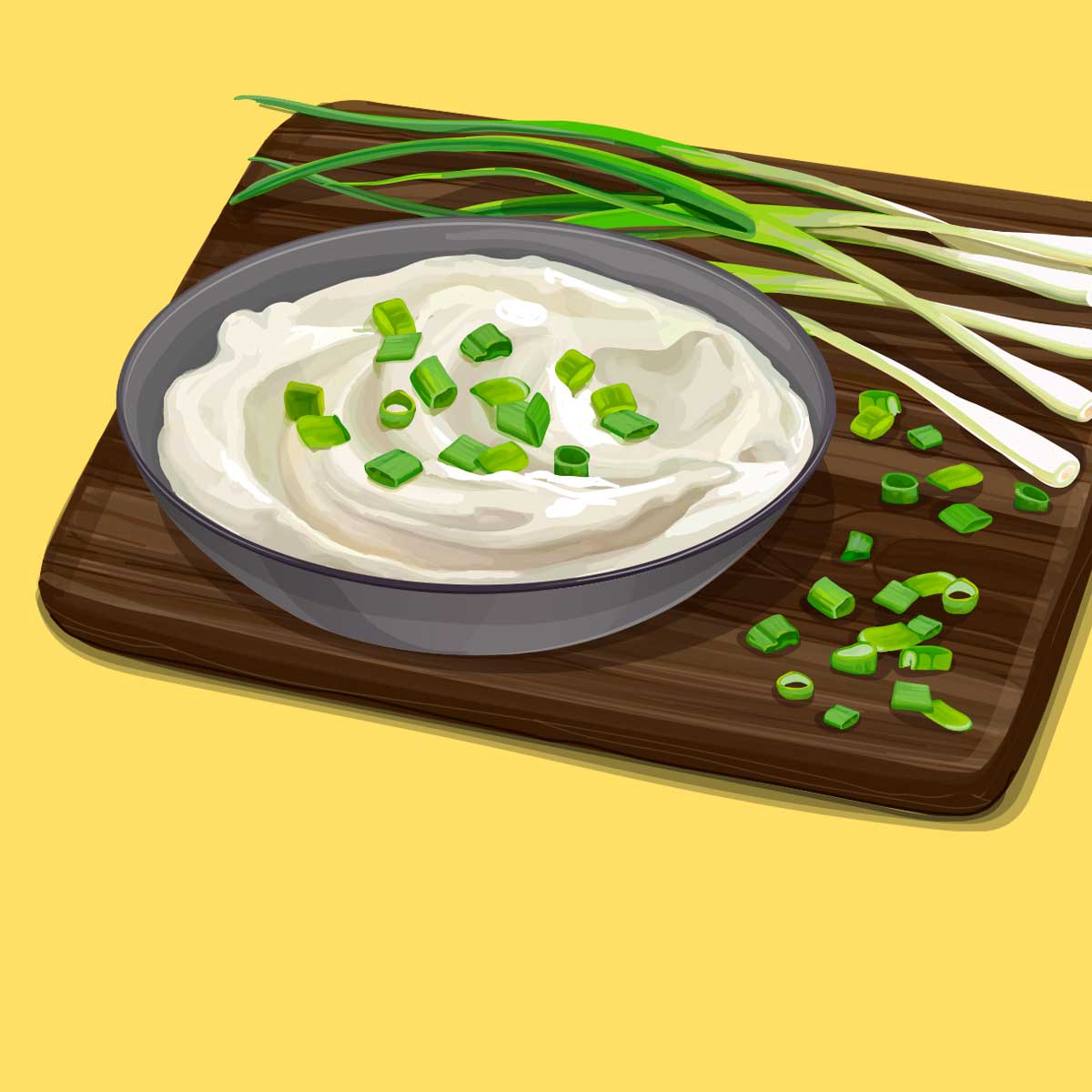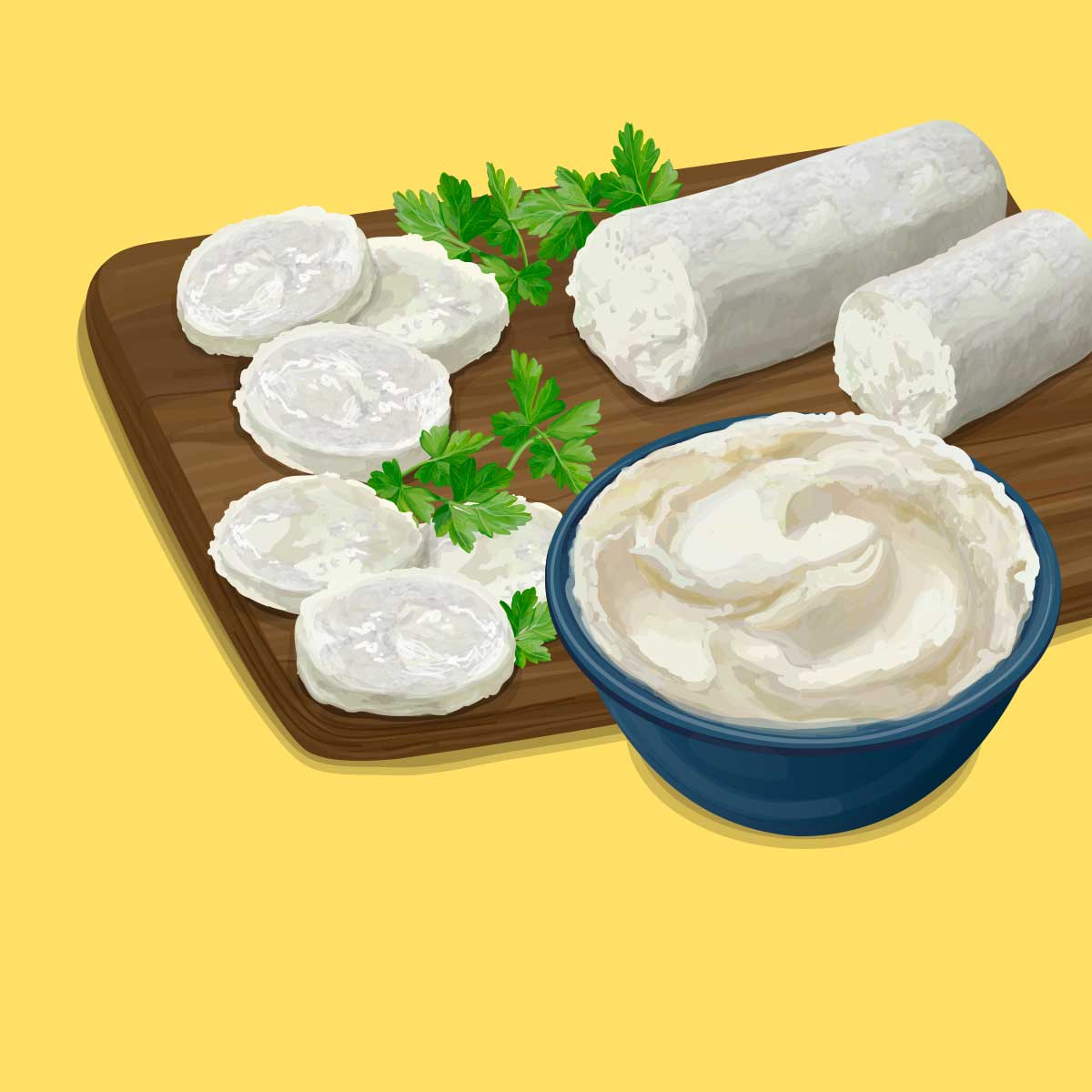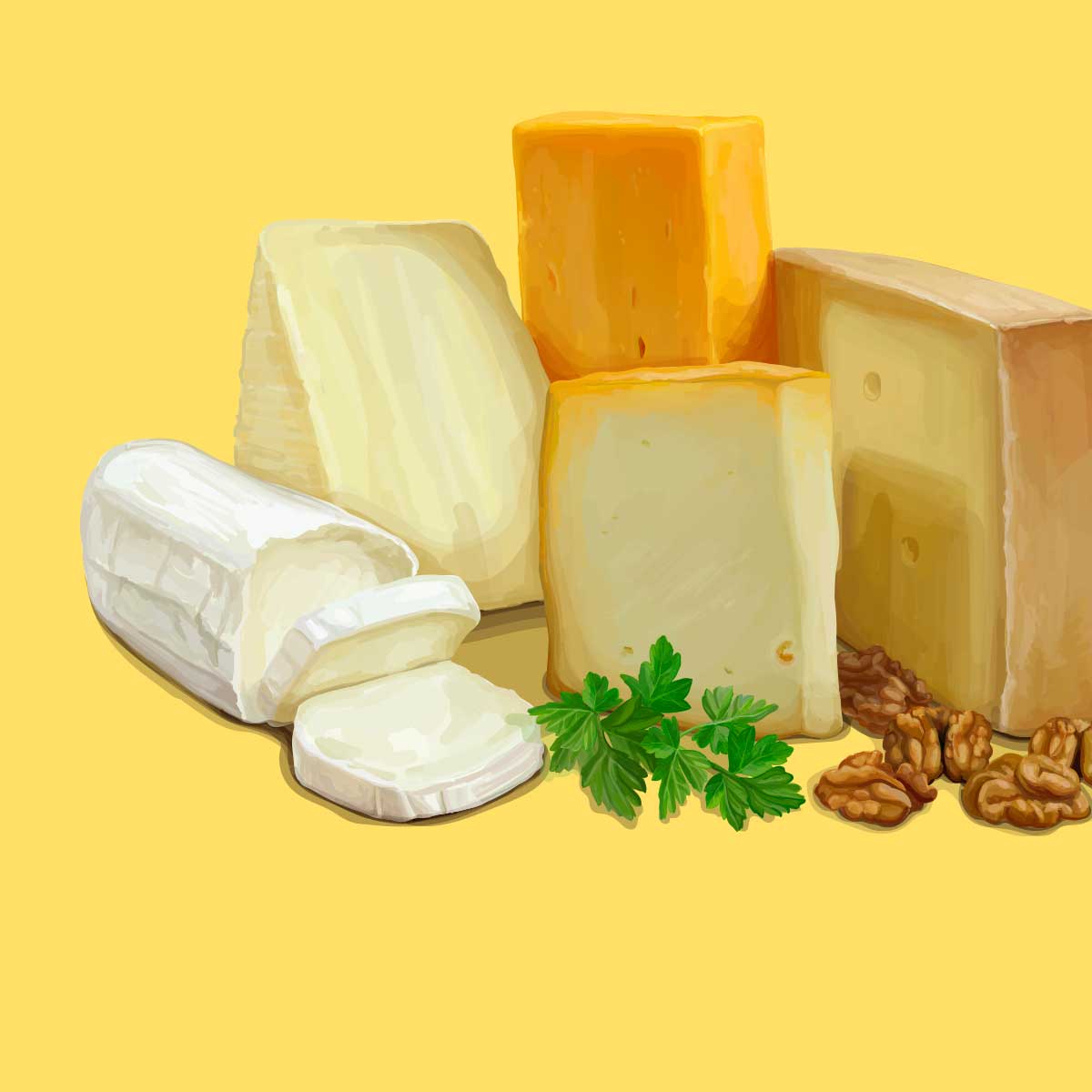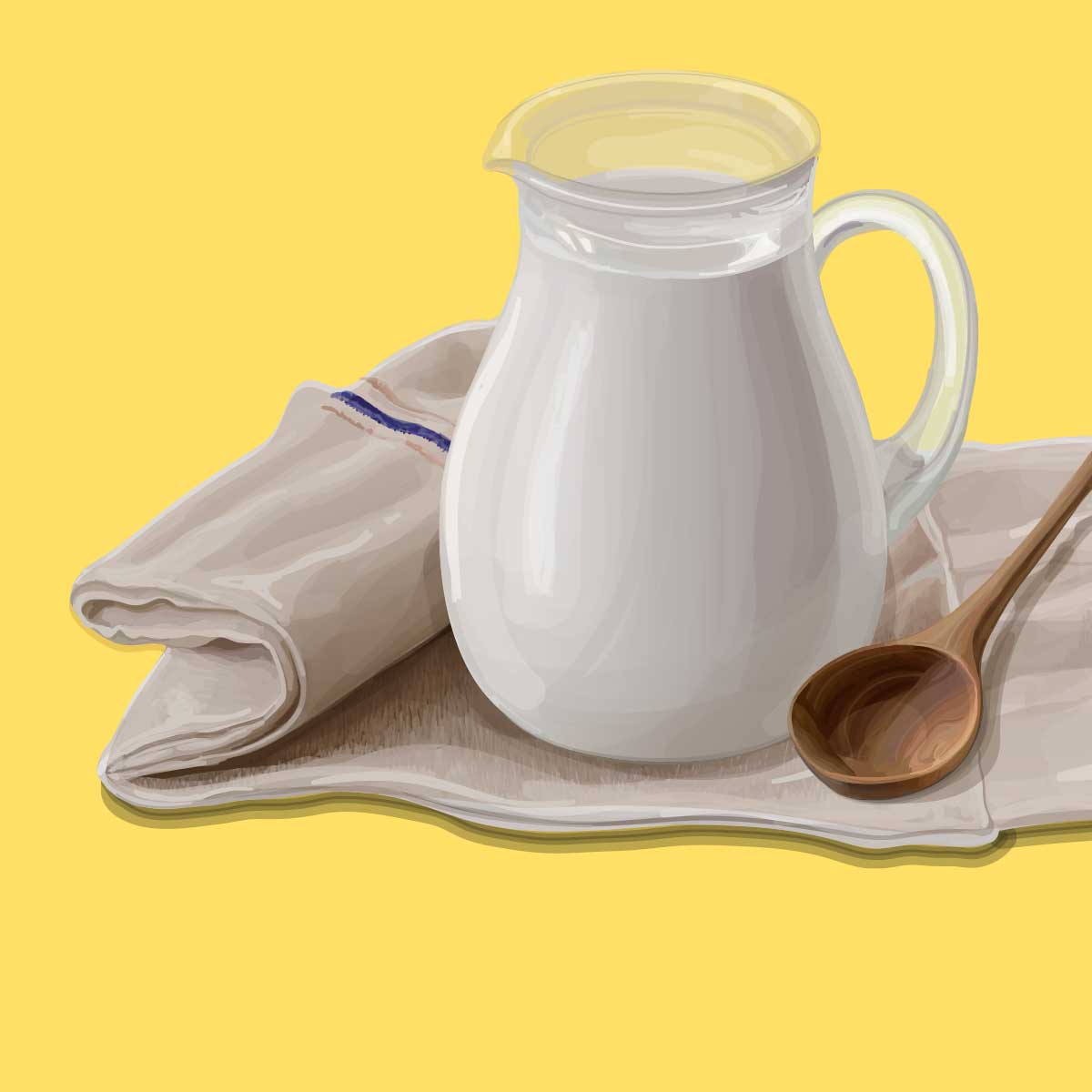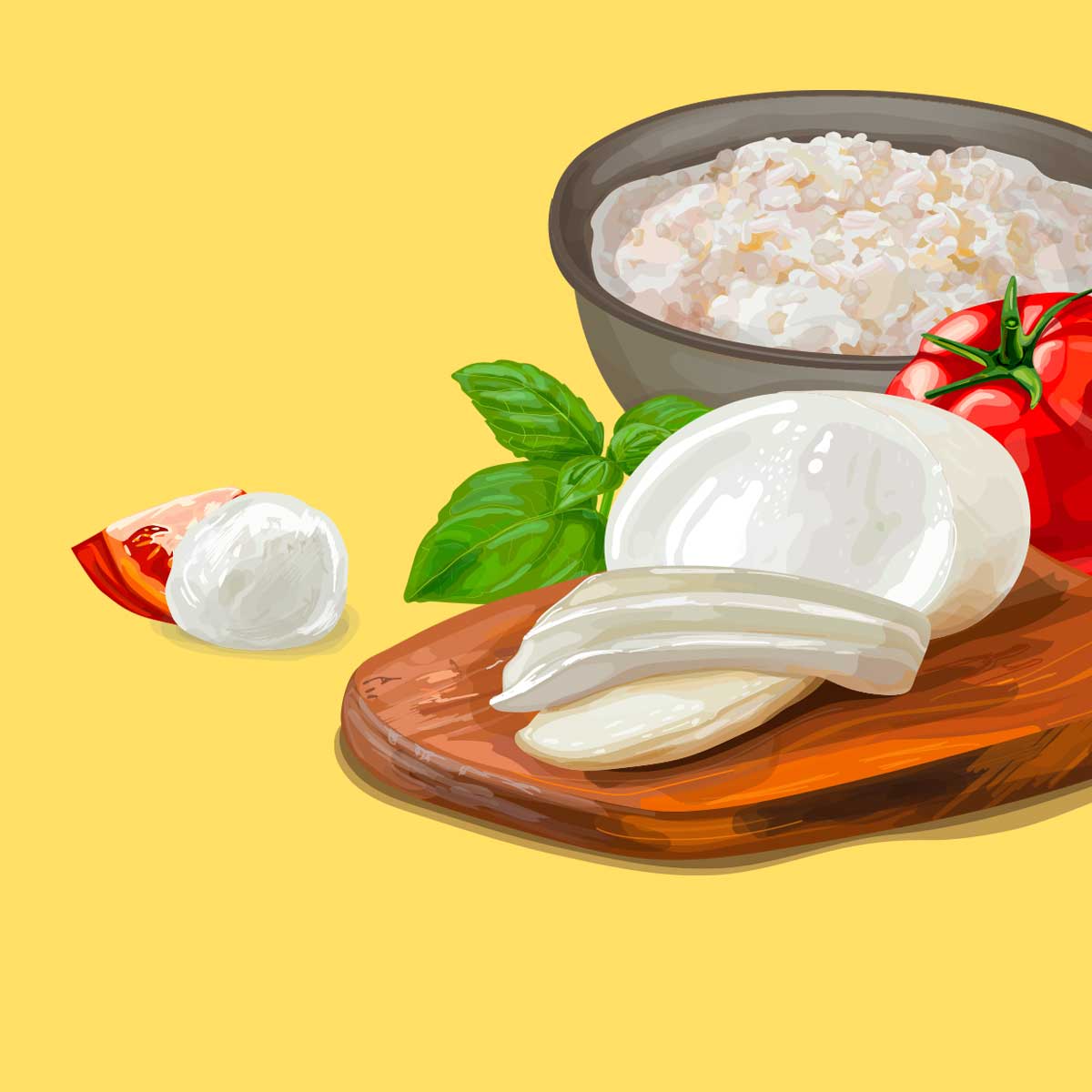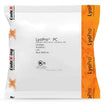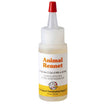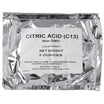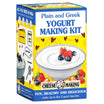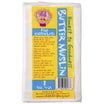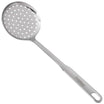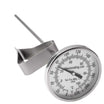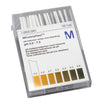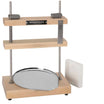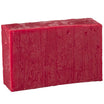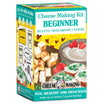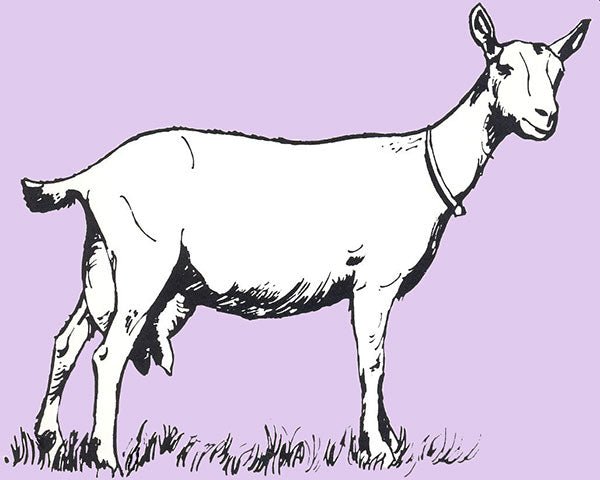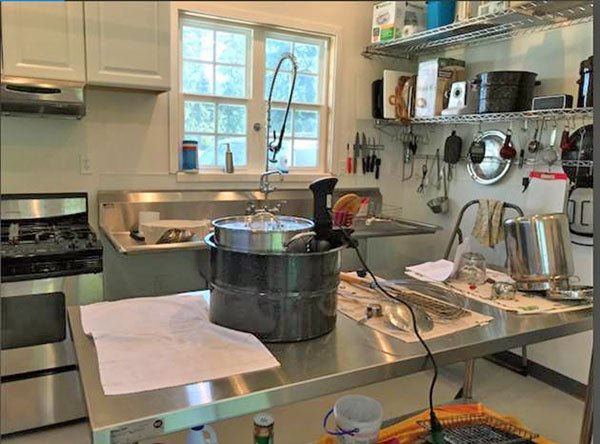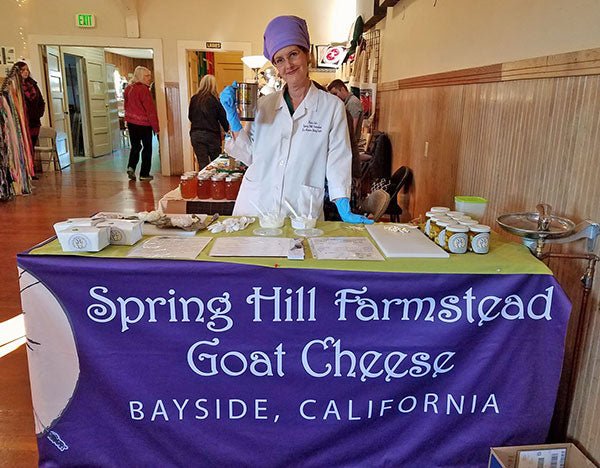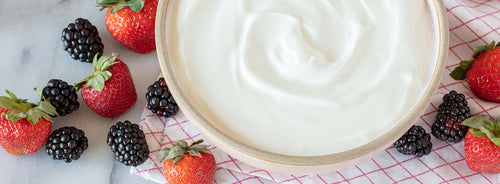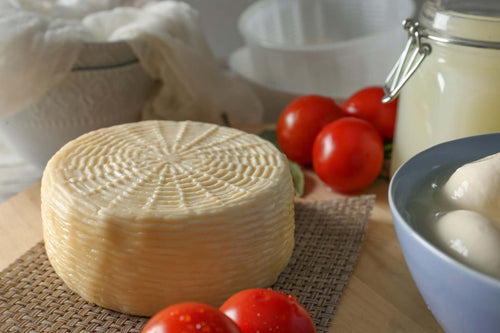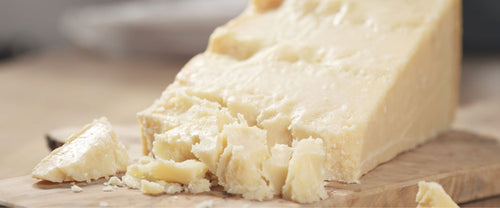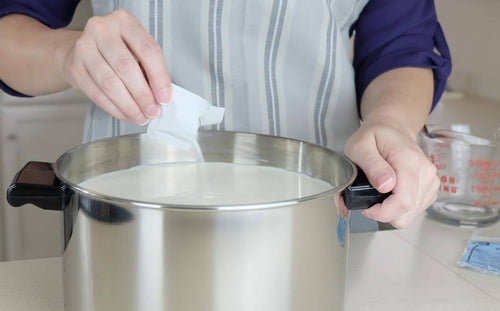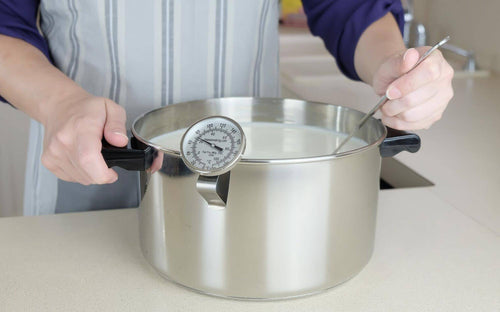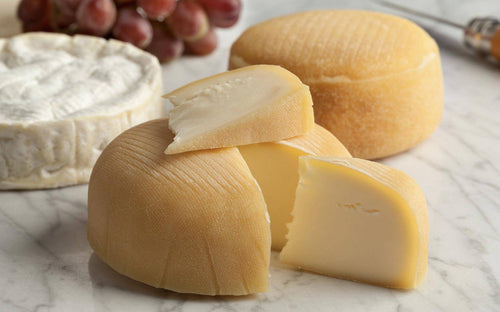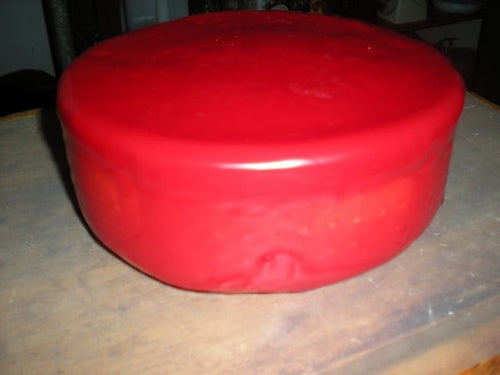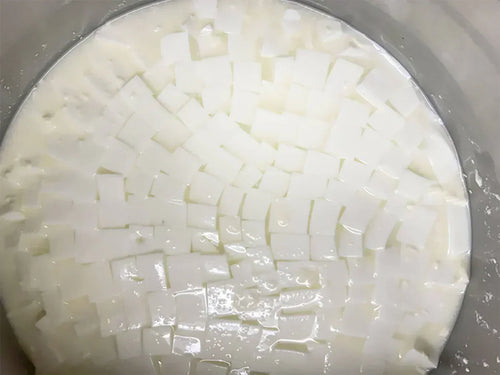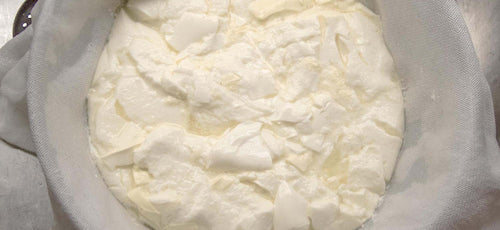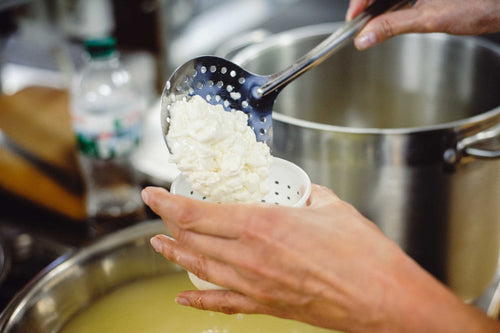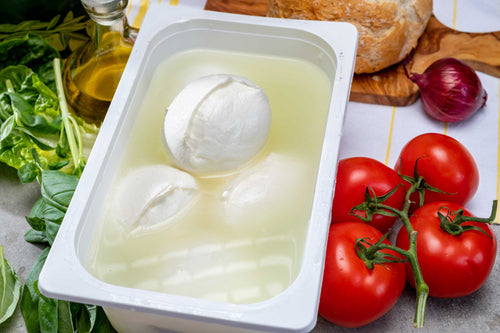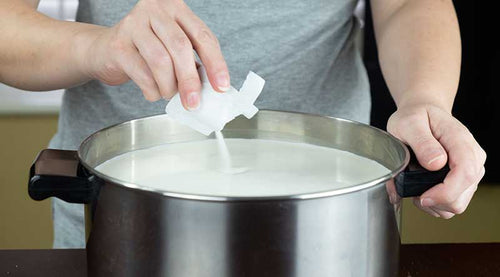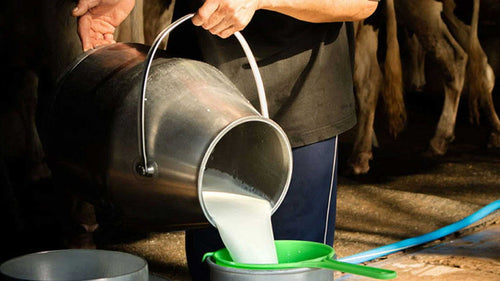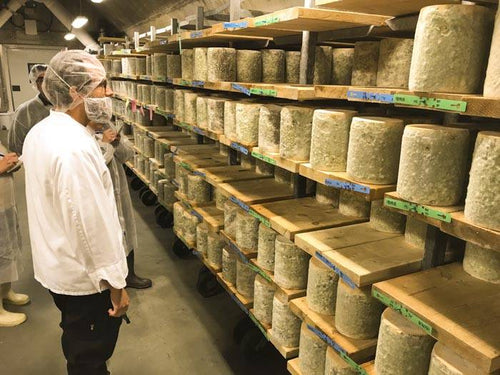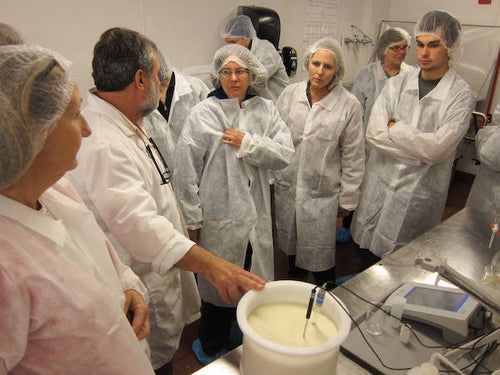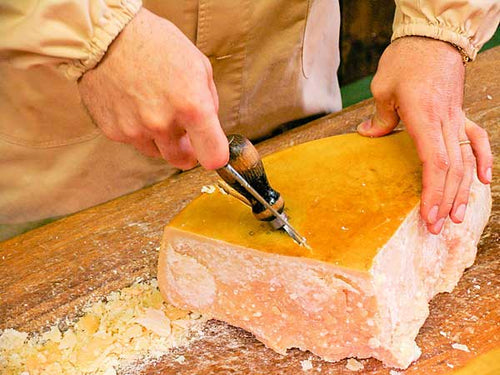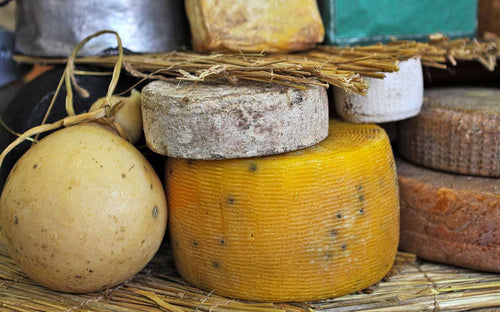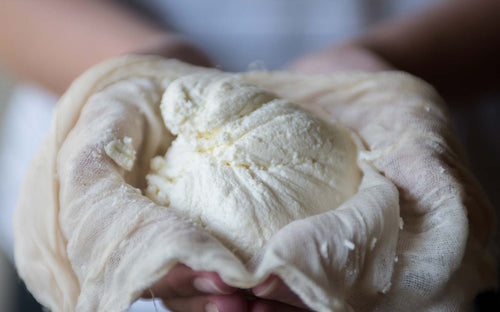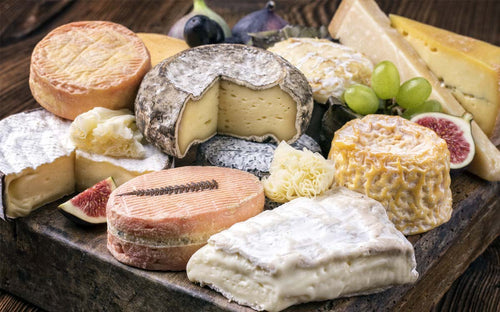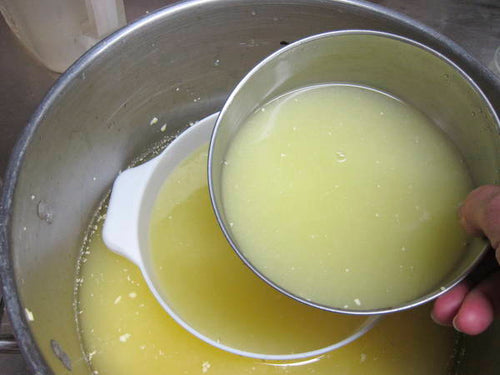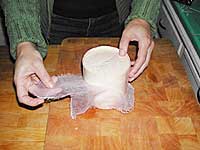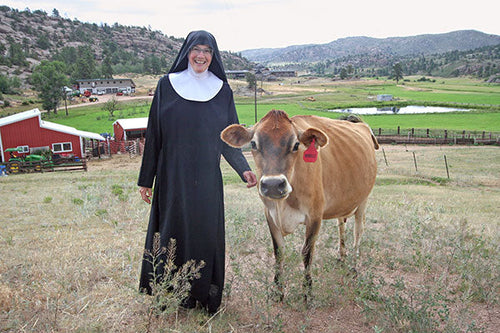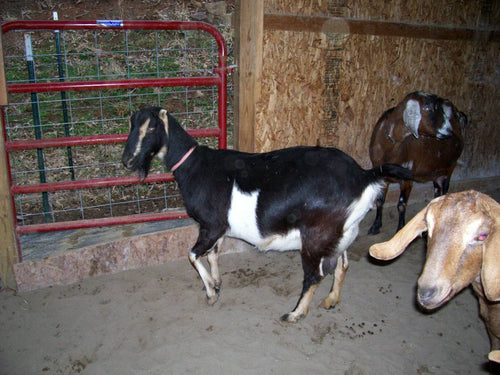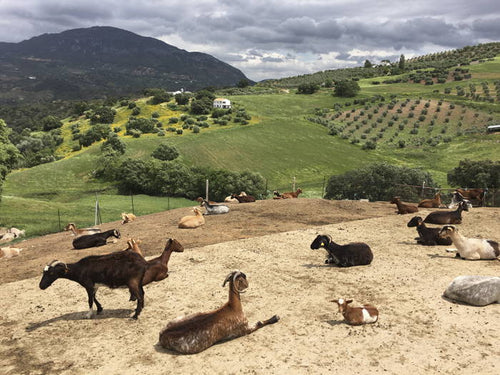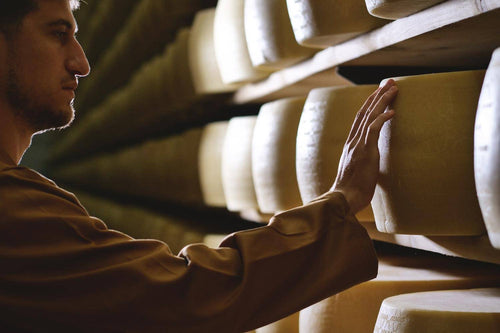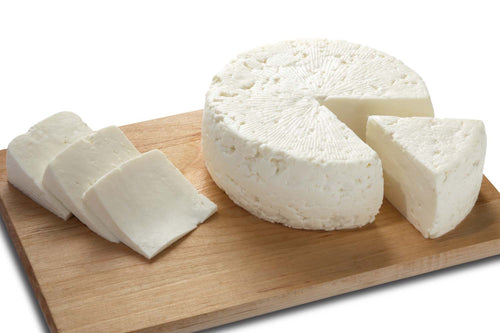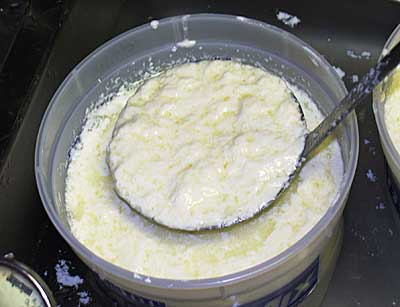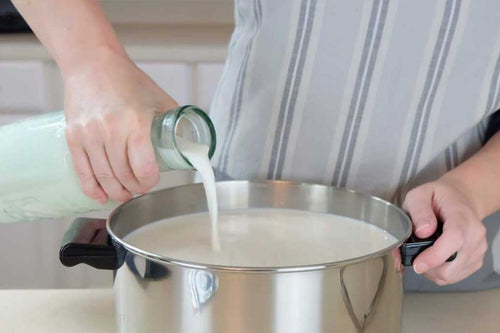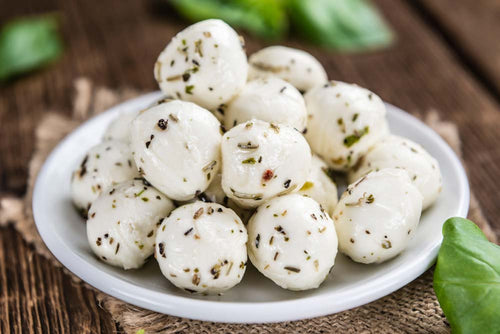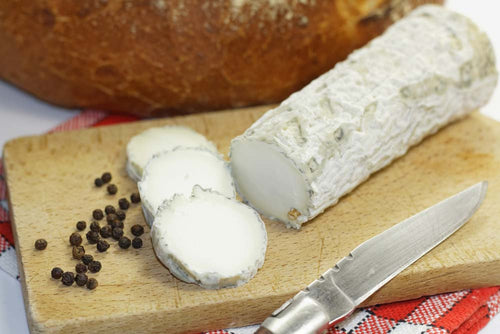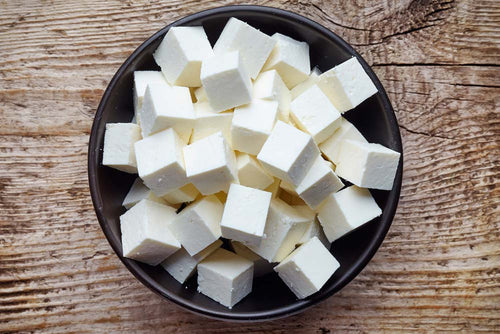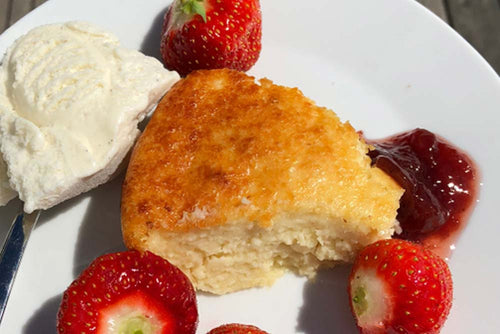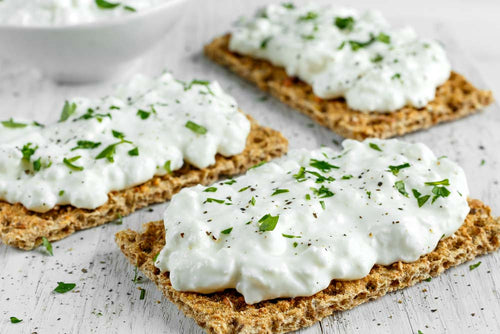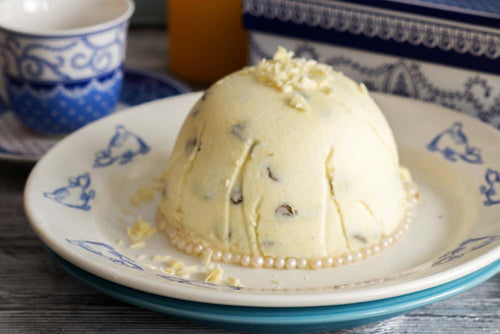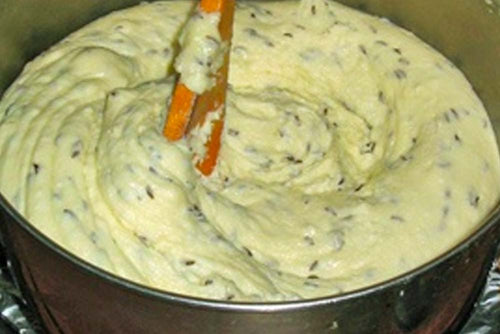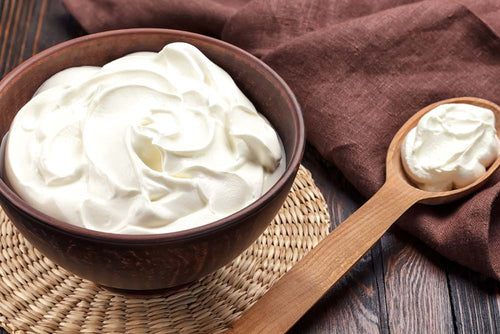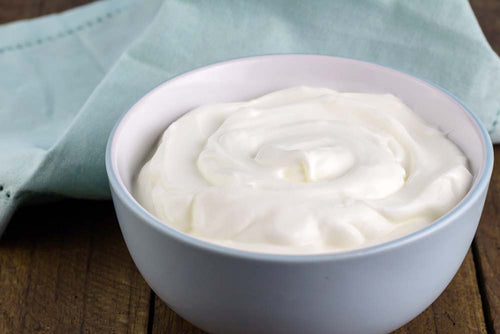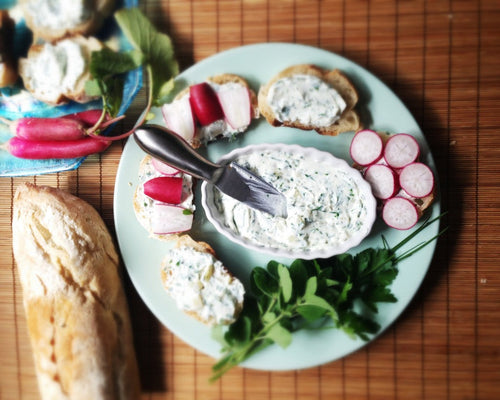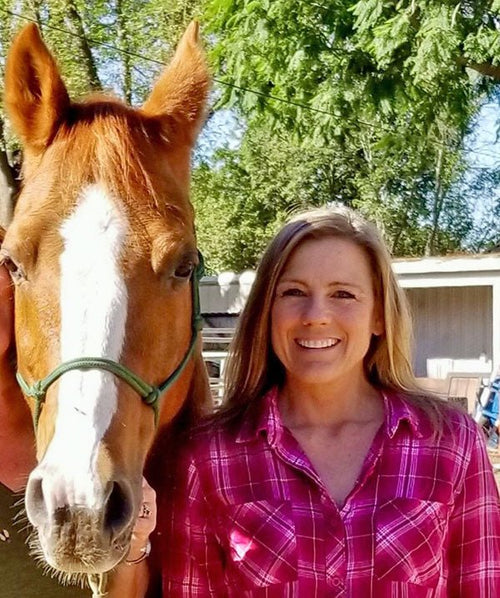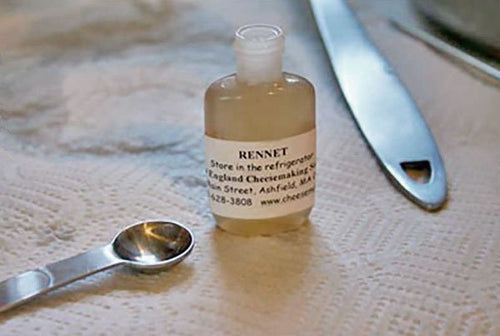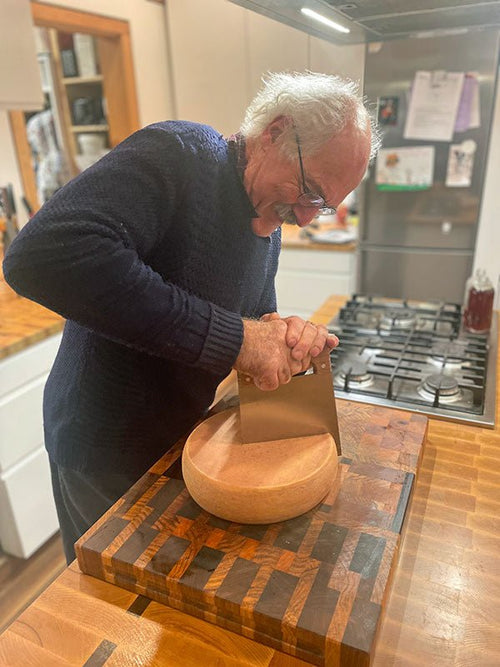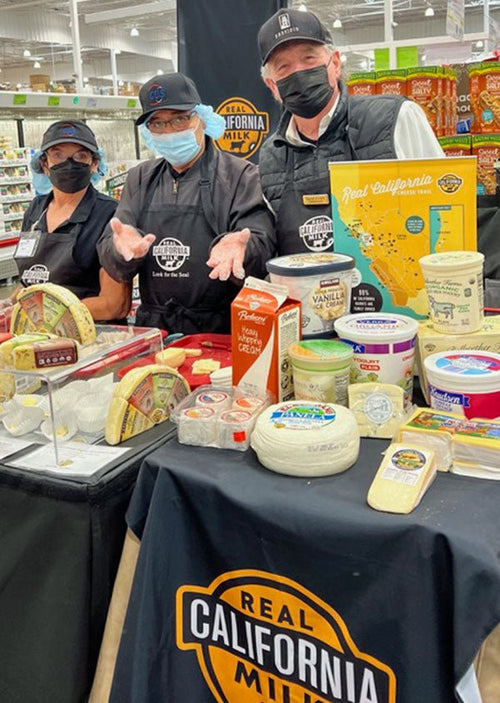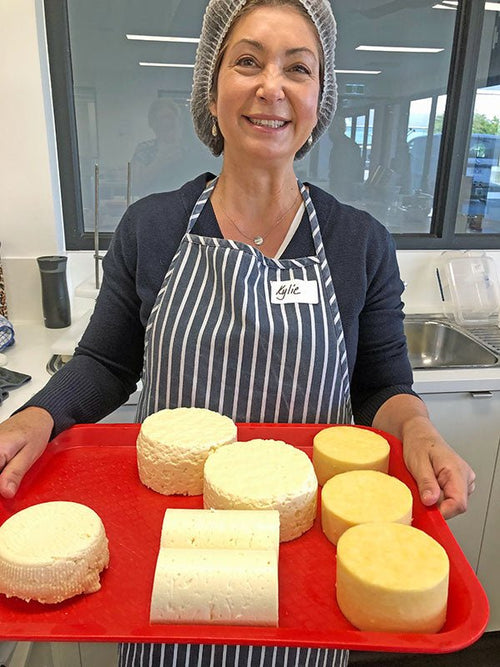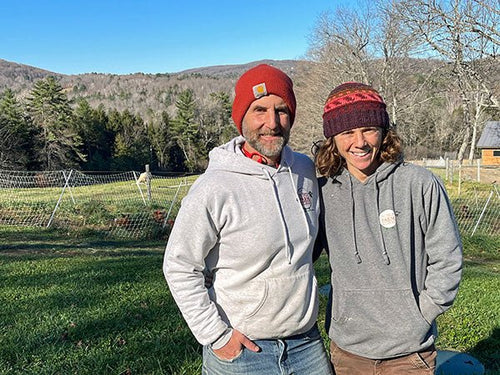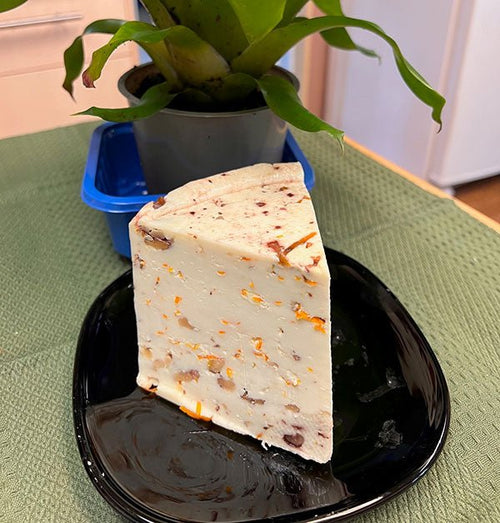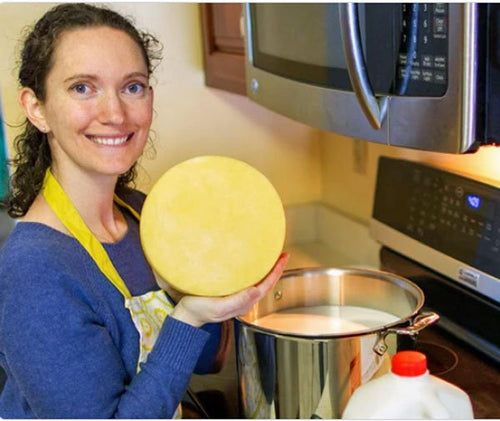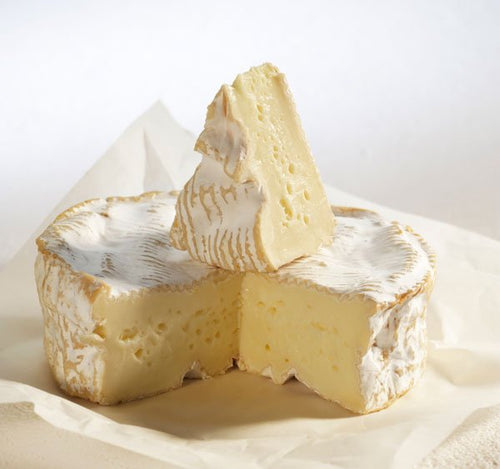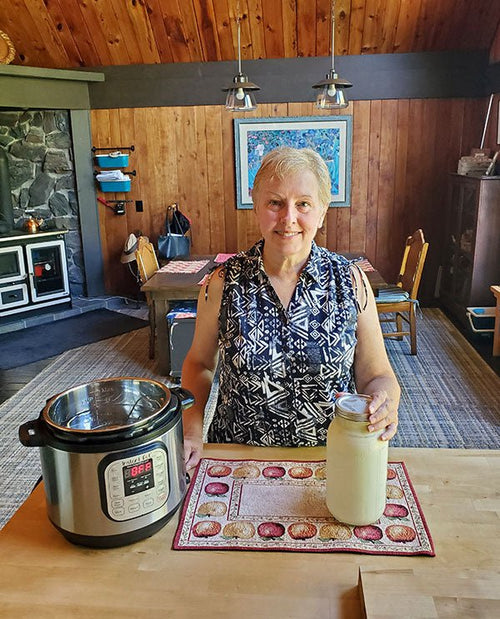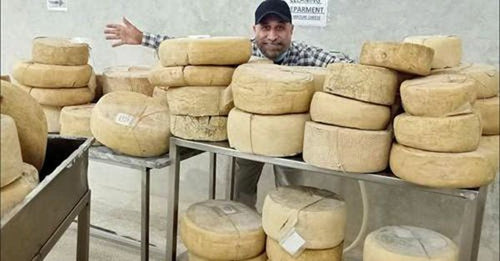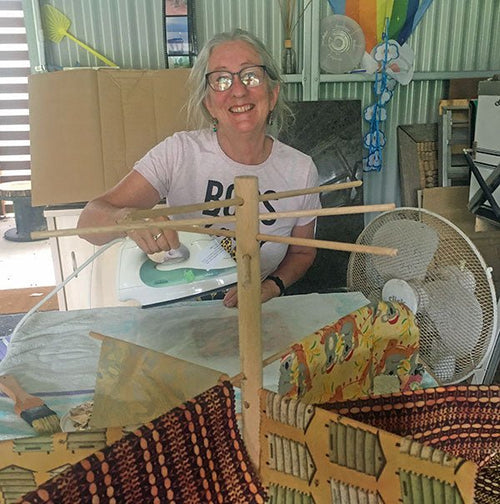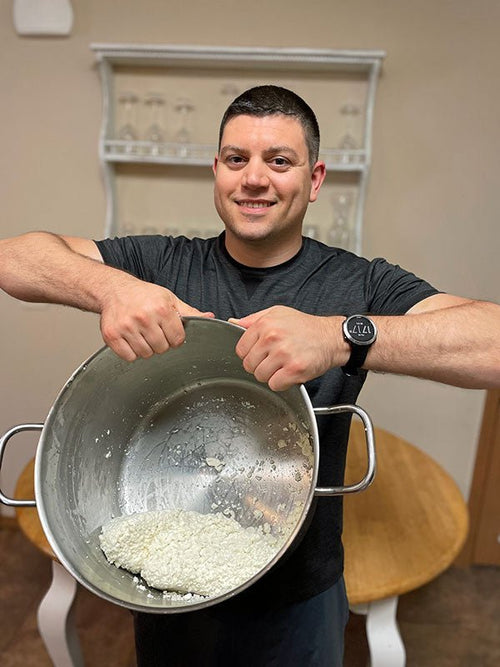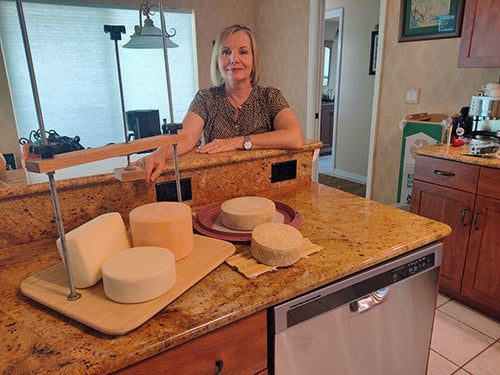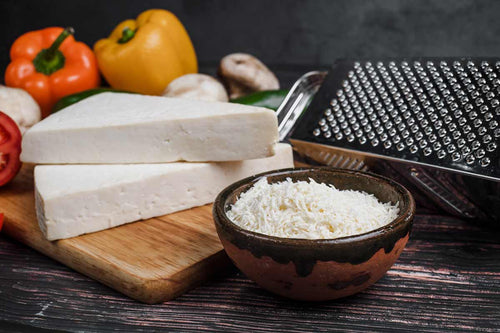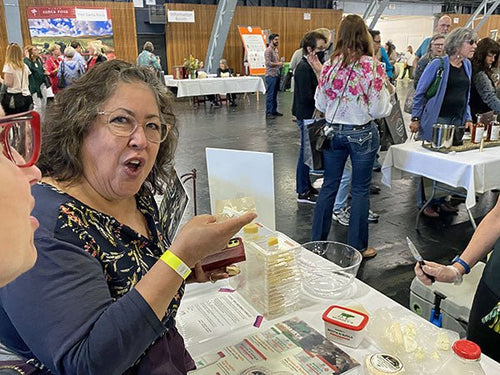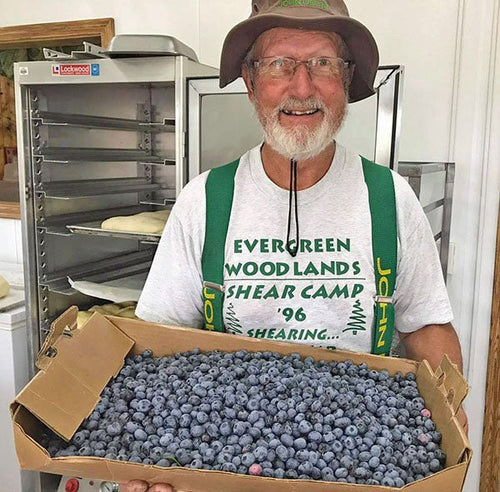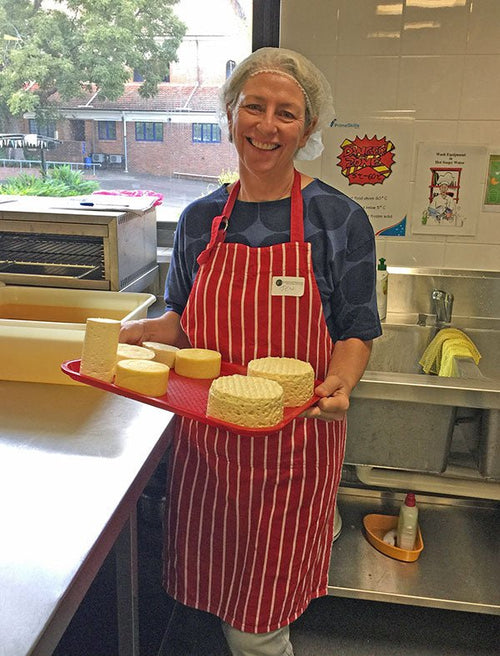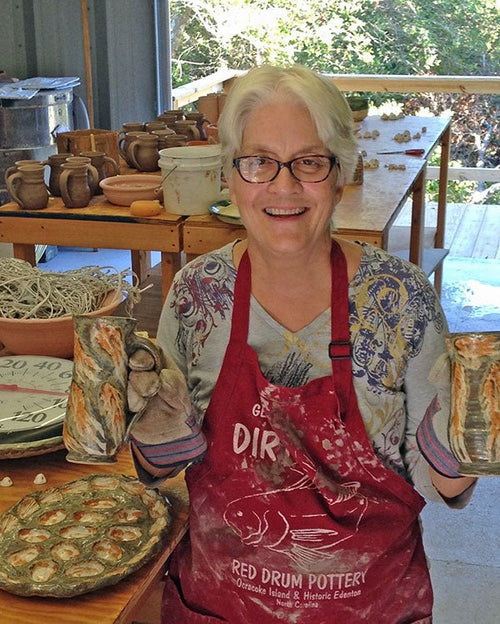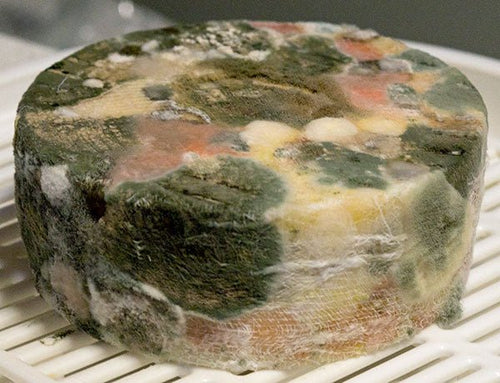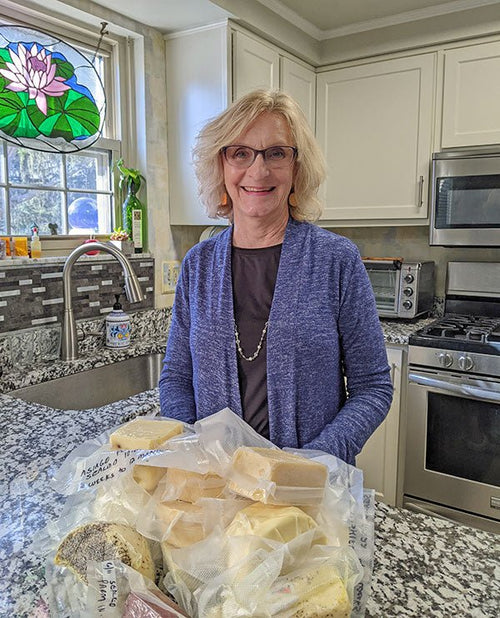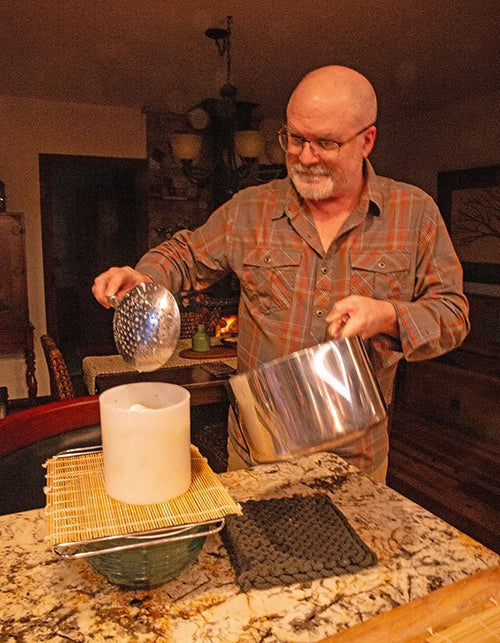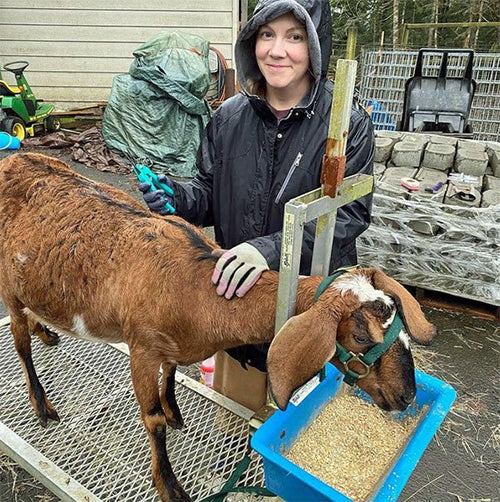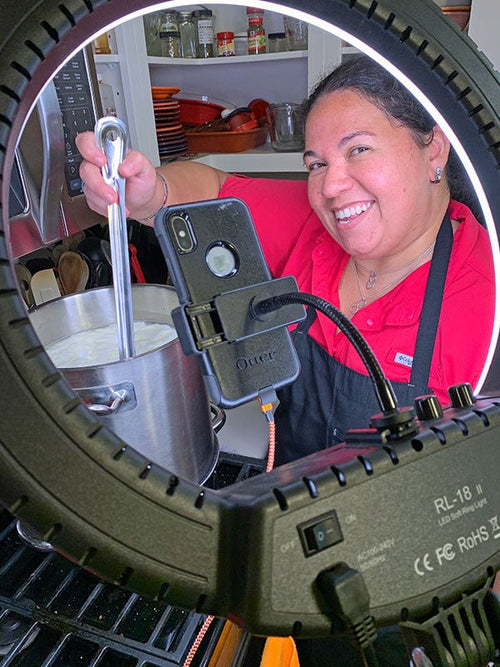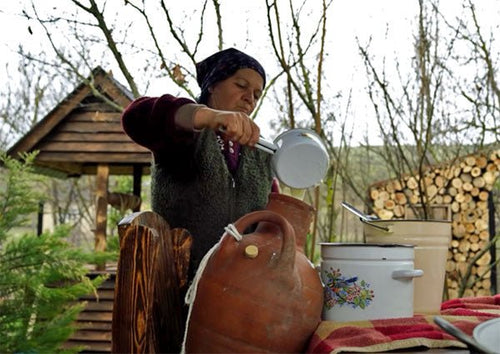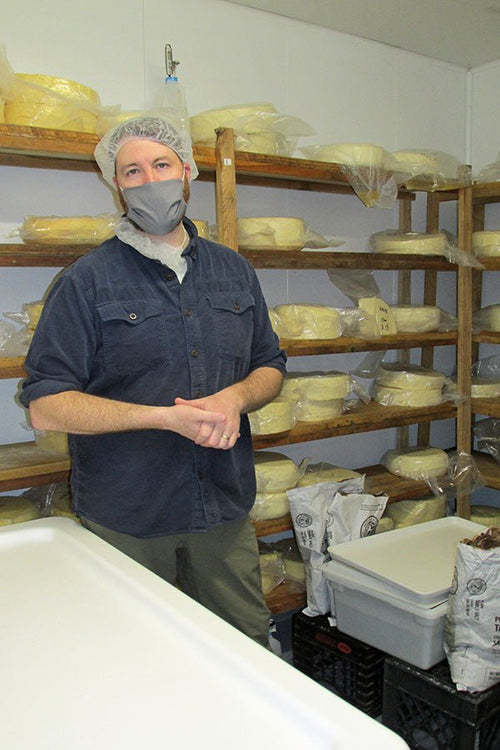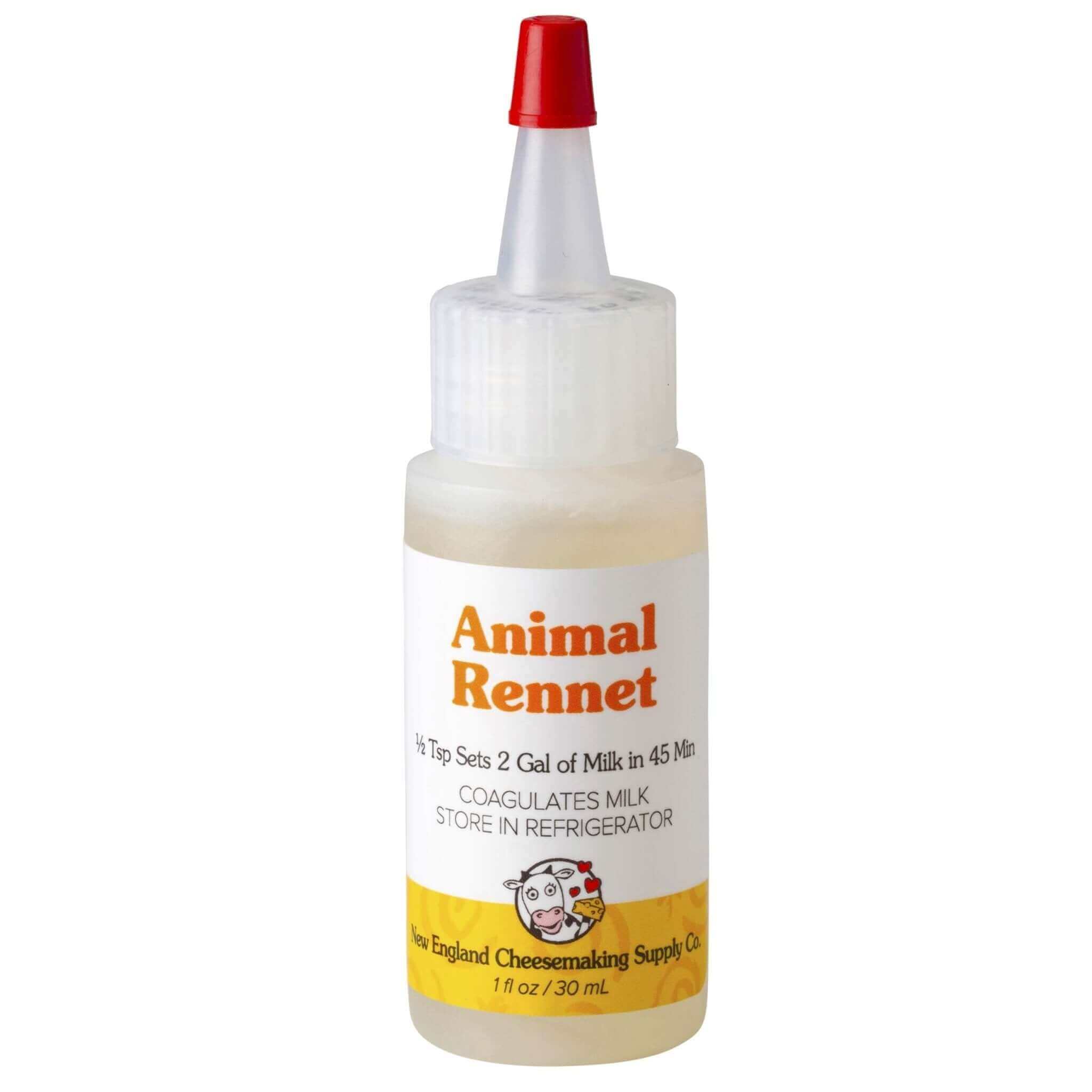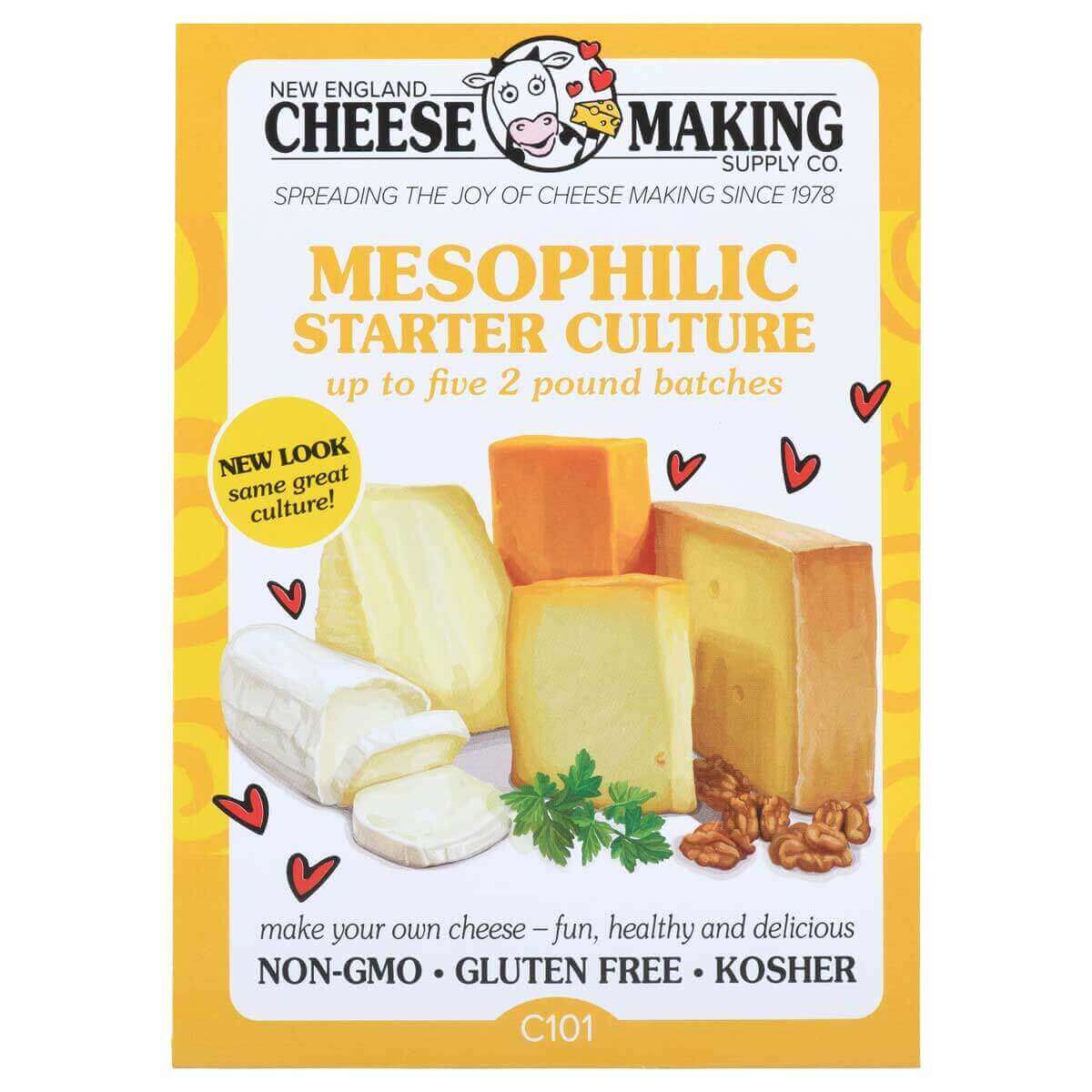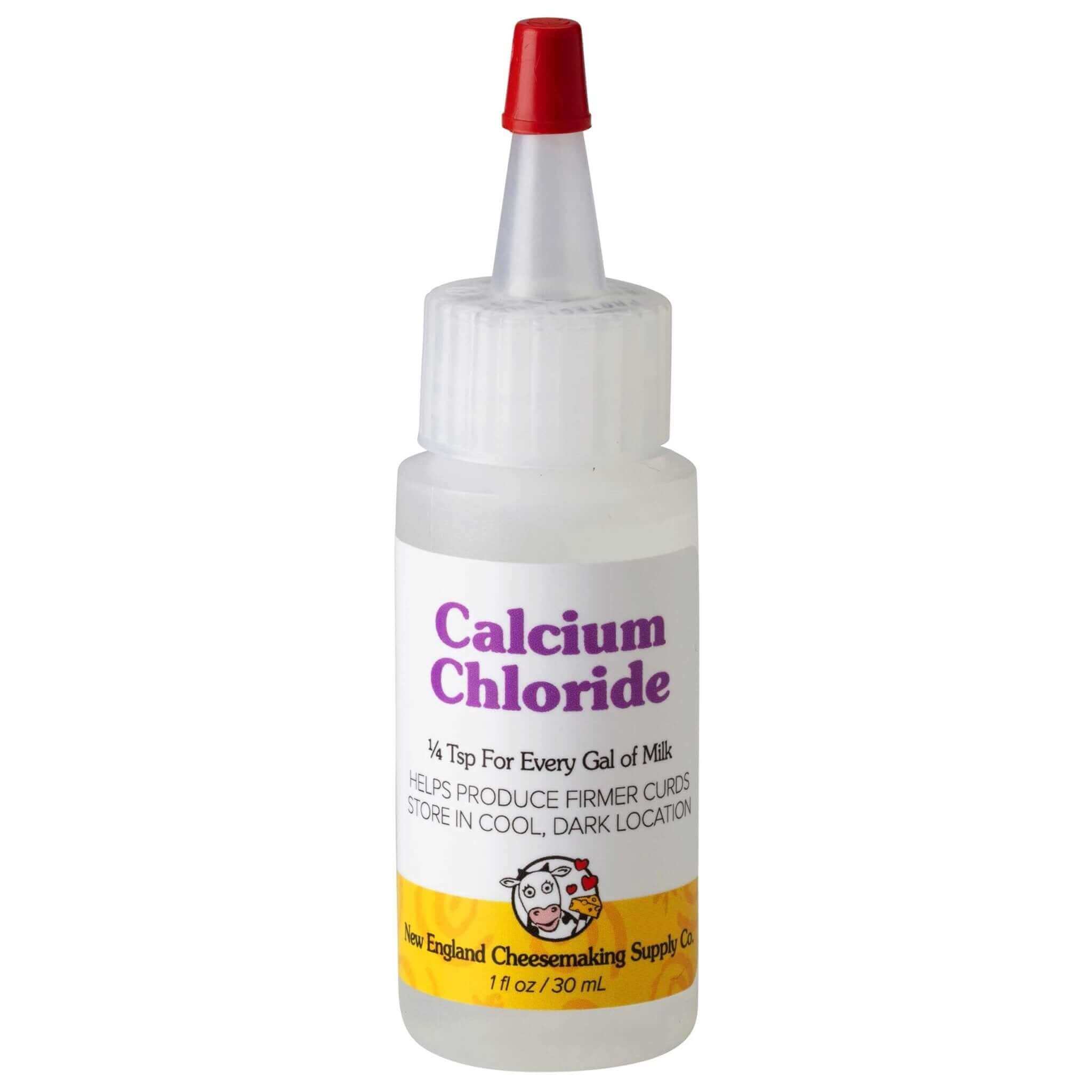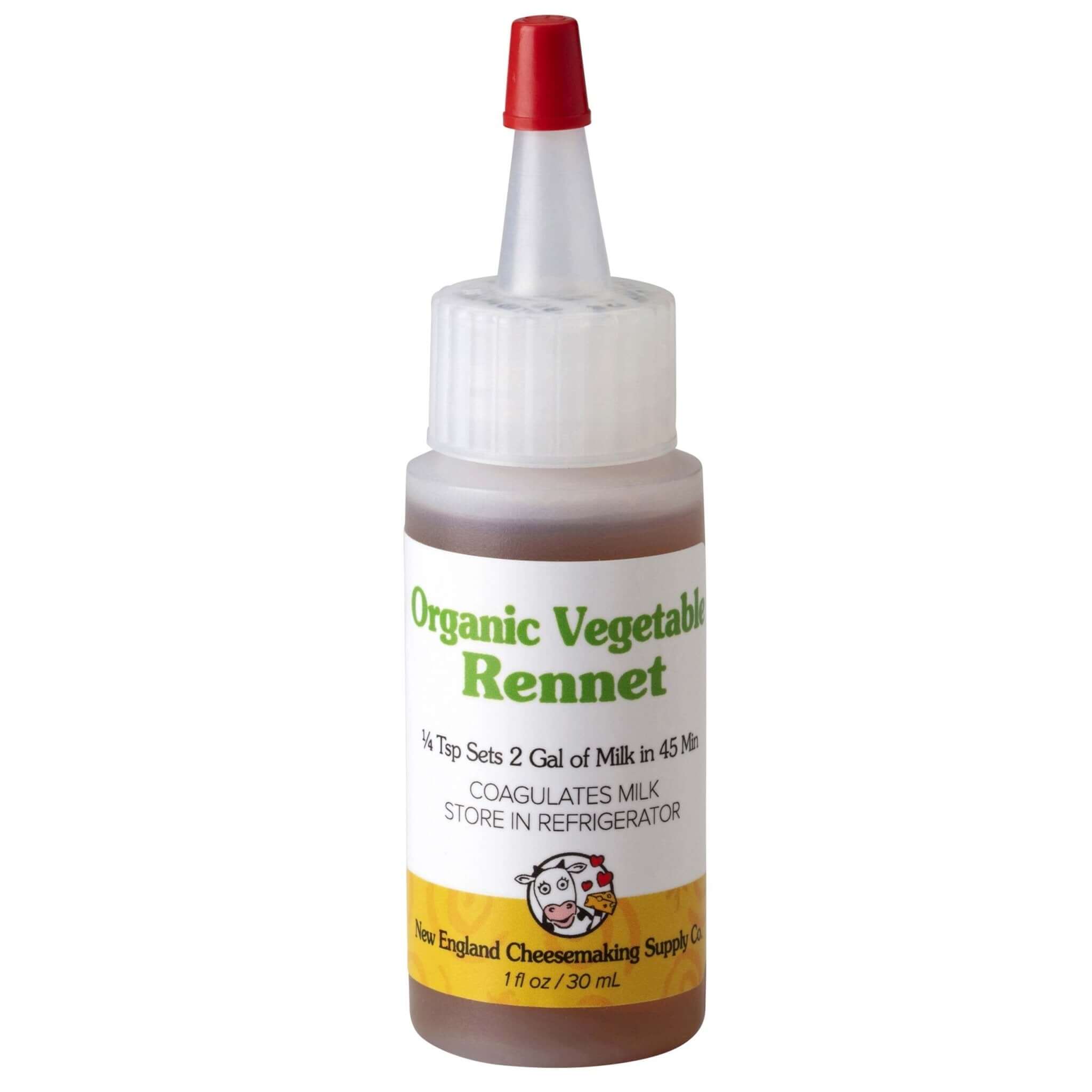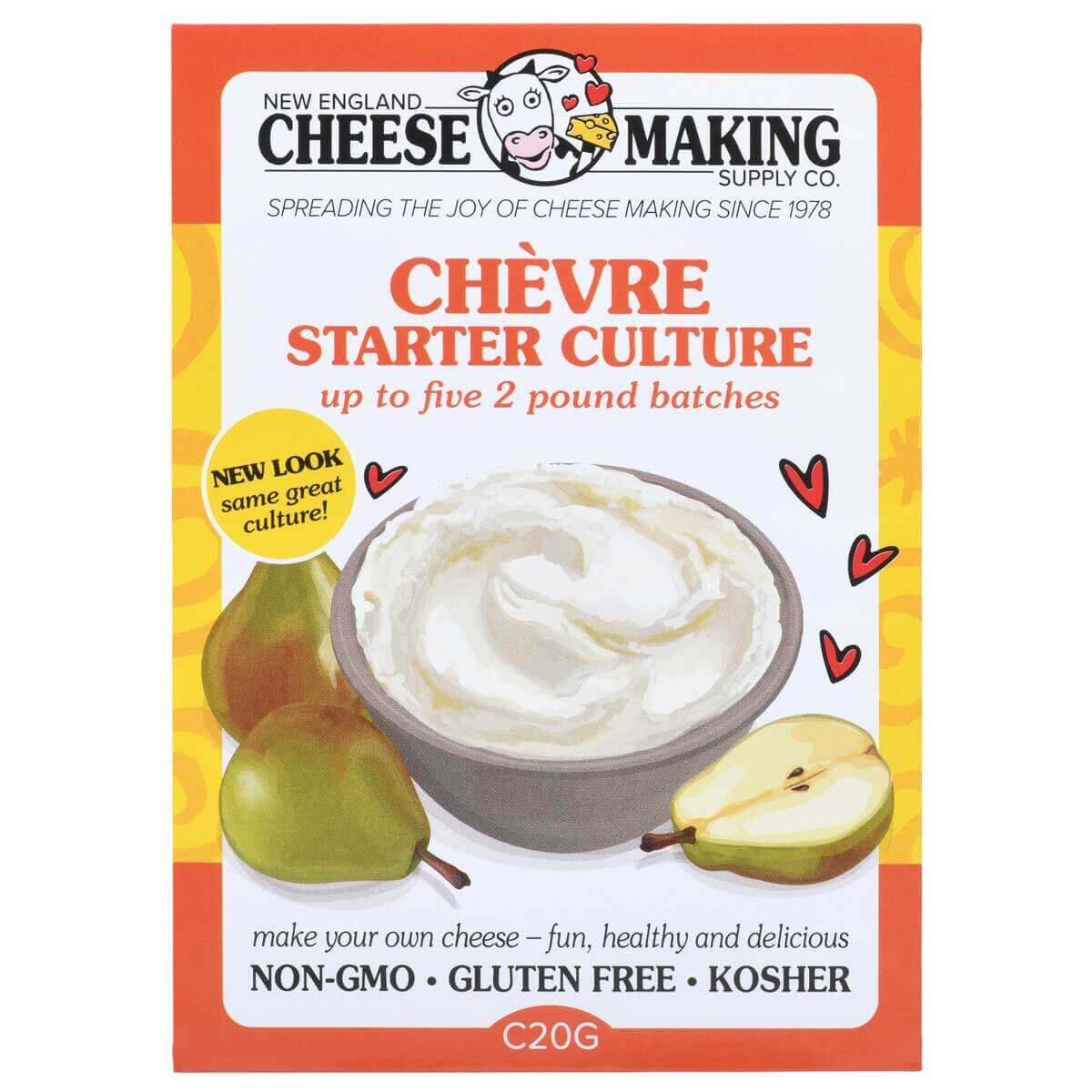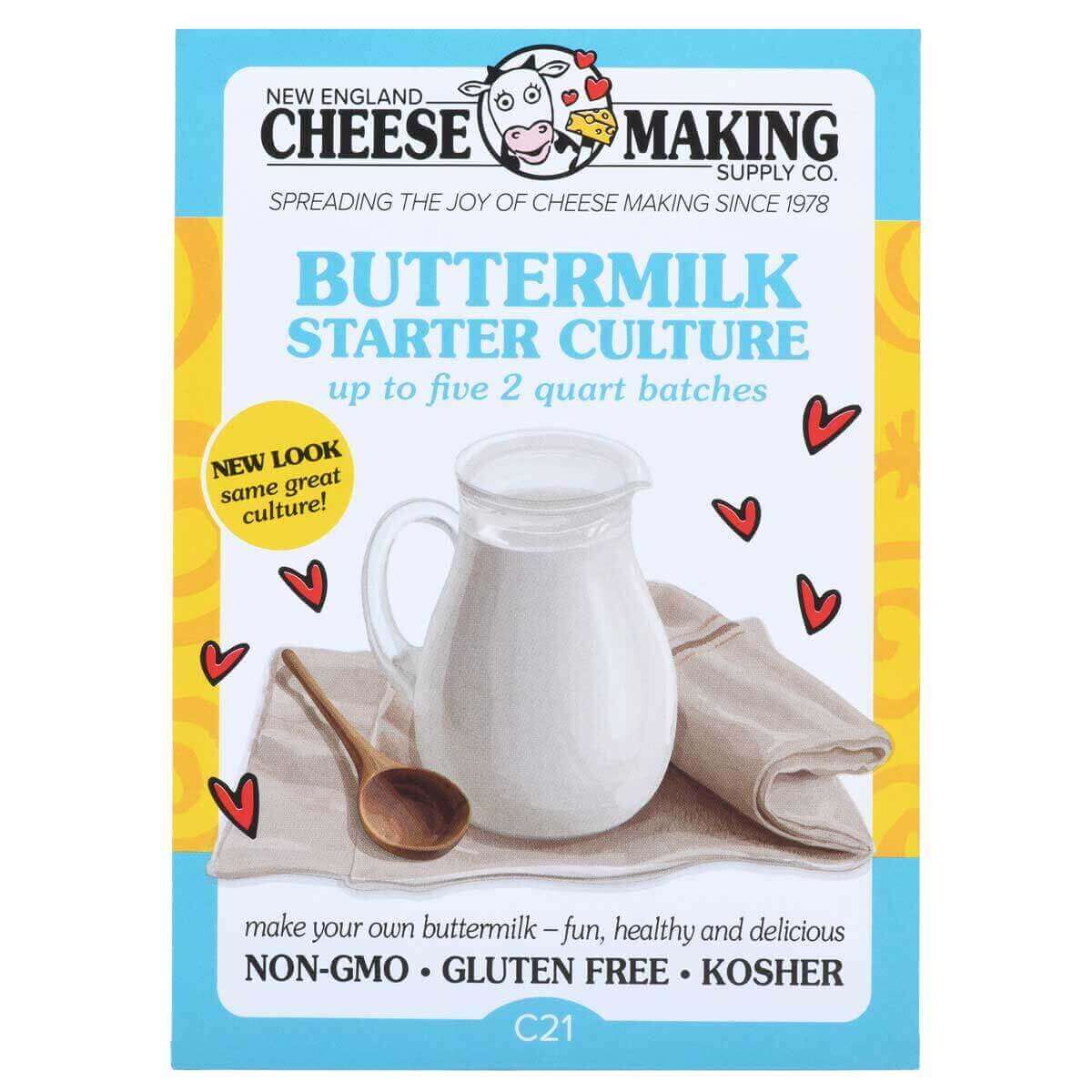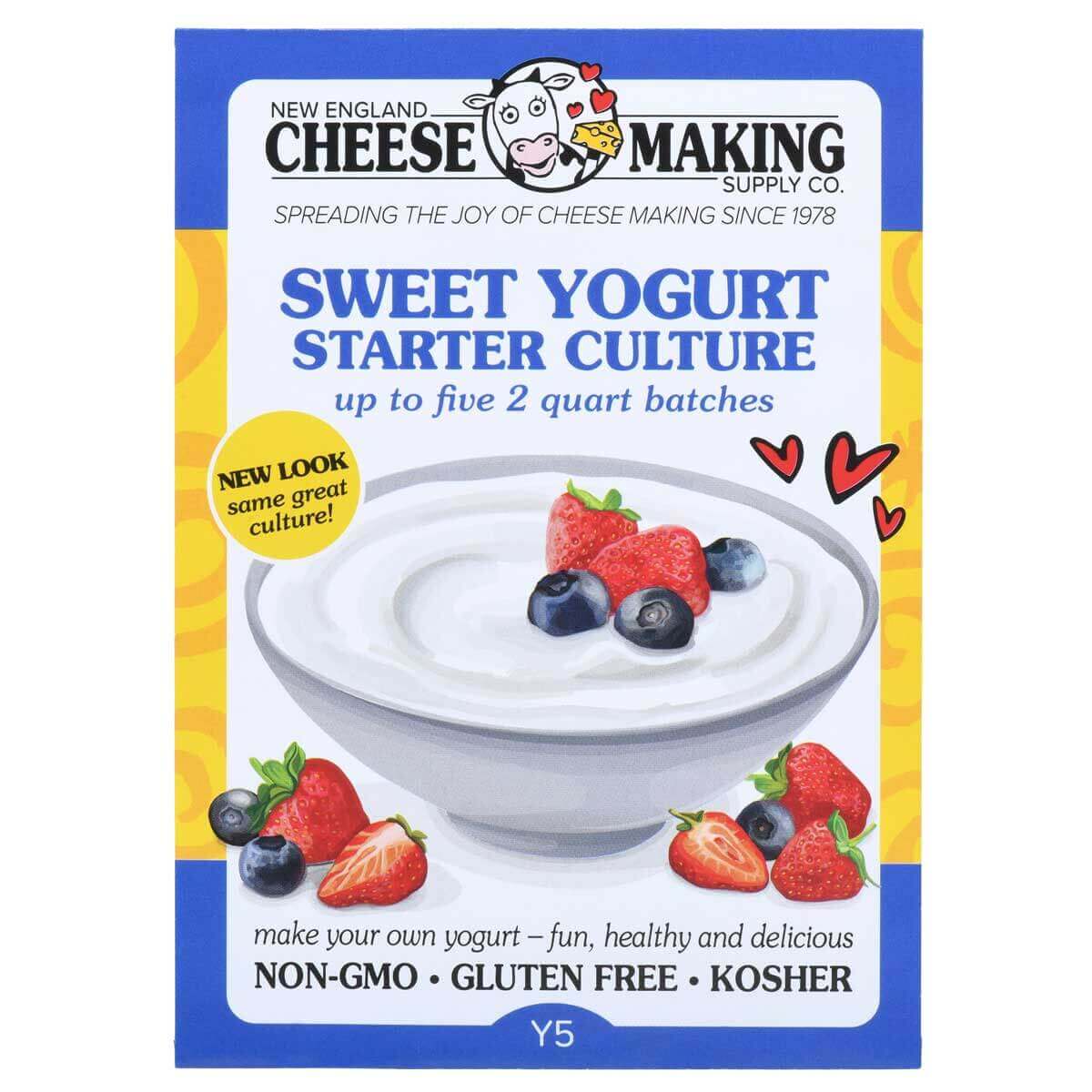
It seems like everyone wants to have dairy goats these days and why not? They’re affectionate, highly entertaining and they provide nutritious milk on a daily basis for making cheese.
There is a lot to consider, however, before you take the plunge. We asked some of the most experienced goat owners we have interviewed in previous articles to tell you how to get started:

Barbara Crudale at Crudale Farm in West Kingston, Rhode island
1. Research the type of goat you will eventually bring home. Consider size of the animal, consider if you will also purchase a buck or have your does bred by someone else’s buck, consider how close your neighbors are to your barn … some goats are very talkative! Also consider where you will buy your goats. Reputable dairy goat owners selling their goats should allow you to see the herd, ask questions and be willing to share information about the goats’ lineage.
2. Build the barn and your securely fenced in area before you bring the goats home.
3. Feed is very important. Bigger goats need more feed! Where will you keep the feed? Where will you buy hay and feed? Where is your water source? Hauling water in a brutal winter 3 or 4 times a day from far away will not be fun.
4. Although goats are very hardy animals, sometimes you might need to contact a veterinarian. Who are the large animal veterinarians in your area? Are you comfortable administering vaccines or medications yourself? Goats hooves need to be trimmed regularly, too!
5. Commitment: Goats can live 15 or more years. They need care every day, at least twice a day. They need other goats for companionship. Dairy goat owners also should build a network of other owners, so you can visit their farms and ask questions.
Owning dairy goats can be a very rewarding experience. One of my favorite times each day is the peace and quiet in the barn while milking my does each morning! Your goats will give you great tasting milk, the cutest kids, and their devotion, especially at feeding time. By doing your homework before bringing your goats home, you will have a much more rewarding experience.
Eleridge McCracking at E & M Farms in Shelbyville, Tennessee
Decide what breed of goat you want. We always check out the dam’s and grand-dam’s milk record and see what their udders looks like. Remember that the sire is half of the genetics of any goat.
One more piece of advice – decide whether you want a milk production goat or a show goat. They are often not the same.
Karin Eide at Spring Hill Farmstead Goat Cheese in Bayside, California
Buy healthy goats, check with breeder to verify they received initial vaccines, worming, etc. If you buy (or get for free) a sickly goat, be very prepared for VET BILLS.
Go and check out goats without any commitment to purchase. Goat breeder would hopefully be happy to share their herd practices (chemical and/or herbal worming, vaccine schedules, feet trimming, etc).
Keep new goats quarantined! I have failed to do this in the past and had infestations of lice!
If you are getting a dairy doe with the intentions of breeding and milking her, make sure you have diverse bucks you can breed to locally.
Karen Kushner at Red Gable Cheese in Sparta, Tennessee
First and foremost, read up on the day to day care of owning a dairy goat. Prior to picking up your first goats you need to prepare their shelter, stock food and basic medical supplies, clear your pastures of potential poisonous plants and, in general, just get ready for your new charges. If your goat is going to be “in milk,” you also need to have your milking parlor setup.
Goats are herd animals, so I believe you need to start with at least two. A single goat is a lonely goat and a lonely goat is an unhappy goat.
Visit the farm you are going to purchase the goats from and ask questions. Is it in general clean? Does the main goat area look relatively clean? Are the animals overcrowded? (asking for trouble) Are the goats up to date with their shots? Do they have records of parasite control with the goats? When was the last time a vet visited the farm? Are the goats already trained to the milking stand? Look at the farm’s physical set-up and ask questions about it. What works, what doesn’t?
When you are looking over a potential goat, pay particular attention to their demeanor. You are going to “handle” a dairy goat a lot. They need to want to be around you and like attention or you are going to have a milking nightmare. Just like you wouldn’t want to buy a dog that you thought was going to bite you, you don’t want a goat that panics and runs every time you look their way.
When inspecting a potential goat, enter their area quietly, be still and see if they approach you with curiosity. Do they mind if you touch them? Pet them, gently take a “famacha” reading on their eye lids (read up on this important parasite test). Is their coat in good condition? If they’re in milk, are the udder and teats in good condition?
Owning dairy goats is rewarding but demanding. You will alternate between frustration, jubilation and down right awe! As I type this and look out over my pasture with momma’s and babies grazing and am about to go down to finish off my wheel of goat cheese, it all comes into focus that it’s worth it….That’s really the only expert advice I can give you!
Dianne Miller at Imnaha Nubians in Imnaha, Oregon
You want to be certain you BUY ONLY SOUND, HEALTHY ANIMALS from herds that are disease-free, because you don’t want to be set up for long-term problems or vet bills. The importance of this cannot be overstated because health problems can cause a great deal of heartbreak, as well as break your budget, and ruin your goat experience in a hurry. Do the owners test their animals for CAE (Caprine arthritis/encephalitis) and CL (Caseous lymphadenitis
Have the goats had their annual booster shots? What about de-worming? Ask to see their health records. Ask if the animals are registered and if so, are they tattooed and disbudded, polled, or dehorned? If mature, are the does bred? In looking the animals over, be sure to buy only ones that look healthy: They should have an active alert bearing, smooth glossy coats, clear bright eyes, and no snotty noses, licked or bare patches, or pot bellies. Biting at themselves may indicate the presence of lice or ringworm. Check to be sure their hooves have been trimmed recently and there are no hoof problems, such as foot rot. As with horses, hoof problems can seriously impact the life and productivity of your animals. Only buy animals with sound feet.”
There are loads of tips I could give about conformation, production, etc., but buying sound healthy animals is the most important thing you can do. It will stand you in good stead, regardless of the price or purpose you have in mind, and you will never regret it.
Wendy Woodward at Witch Hazel Dairy in Snowflake, Arizona
Save a lot of heartache and buy goats from reputable breeders who test for goat diseases and disorders like CAE and CL and G6S (for Nubians and Nubian mixes).
Summary of tips:
- Consider proximity to your neighbors.
- Determine water source.
- Decide what breed you want.
- Be sure bucks are available locally for the breed you want to buy.
- Get at least 2 goats.
- Buy a healthy goat from a refutable dealer who does the right tests. Ask to see their health records.
- Choose a goat who seems to like you.
- Quarantine new goats.



